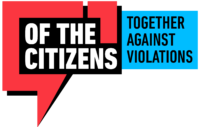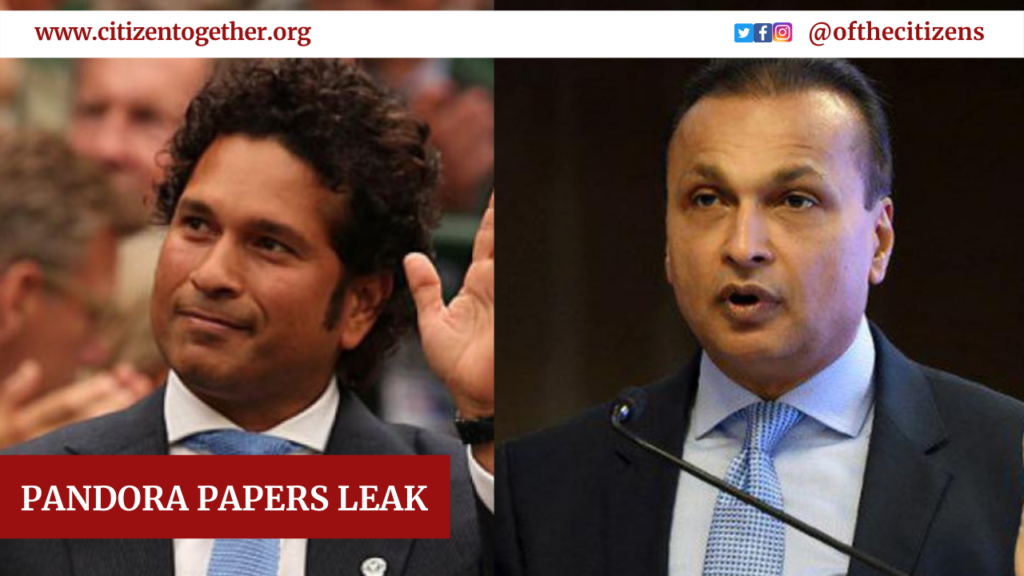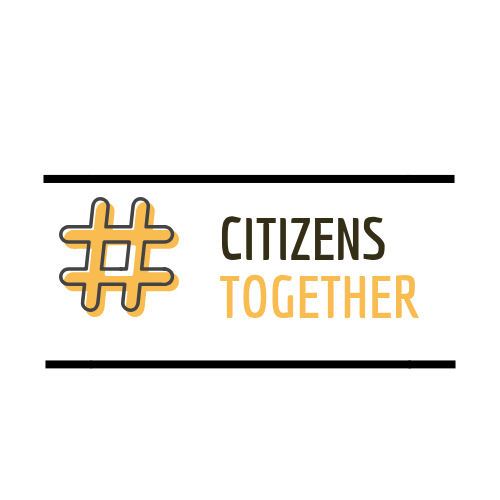The Pandora Papers is a leak of almost 12 million documents that reveals hidden wealth, tax avoidance and, in some cases, money laundering by some of the world’s rich and powerful.
These documents relate to the ultimate ownership of assets ‘settled’ (or placed) in private offshore trusts and the investments including cash, shareholding, and real estate properties, held by the offshore entities. There are at least 380 persons of Indian nationality in the Pandora Papers. Of these, The Indian Express has so far verified and corroborated documents related to about 60 prominent individuals and companies. This is an ongoing investigation.
More than 600 journalists in 117 countries have been trawling through the files from 14 sources for months, finding stories that are being published this week.
The data was obtained by the International Consortium of Investigative Journalists (ICIJ) in Washington DC, which has been working with more than 140 media organisations on its biggest ever global investigation.
What do the Pandora Papers reveal?
The Pandora Papers reveal how the rich, the famous and the notorious, many of whom were already on the radar of investigative agencies, set up complex multi-layered trust structures for estate planning, in jurisdictions which are loosely regulated for tax purposes, but characterised by air-tight secrecy laws.
The purposes for which trusts are set up are many, and some genuine too. But a scrutiny of the papers also shows how the objective of many is two-fold: i) to hide their real identities and distance themselves from the offshore entities so that it becomes near impossible for the tax authorities to reach them and, ii) to safeguard investments — cash, shareholdings, real estate, art, aircraft, and yachts — from creditors and law enforcers.
What do we mean by ‘offshore’?
The Pandora Papers reveal complex networks of companies that are set up across borders, often resulting in hidden ownership of money and assets.
For example, someone may have a property in the UK, but own it via a chain of companies based in other countries, or “offshore”.
These offshore countries or territories are where:
- it’s easy to set up companies
- there are laws that make it difficult to identify owners of companies
- there is low or no corporation tax
The destinations are often called tax havens or secrecy jurisdictions. There is no definitive list of tax havens, but the most well known destinations include British Overseas Territories such as the Cayman Islands and the British Virgin Islands, as well as countries such as Switzerland and Singapore.
How much money is hidden offshore?
It is impossible to say for sure, but estimates have ranged from $5.6 trillion to $32 trillion, according to the ICIJ. The International Monetary Fund has said the use of tax havens costs governments worldwide up to $600bn in lost taxes each year.
Ms Kumar said it is detrimental to the rest of society: “The ability to hide money has a direct impact on your life… it affects your child’s access to education, access to health, access to a home.”
c. The Indian Express and BBC UK



